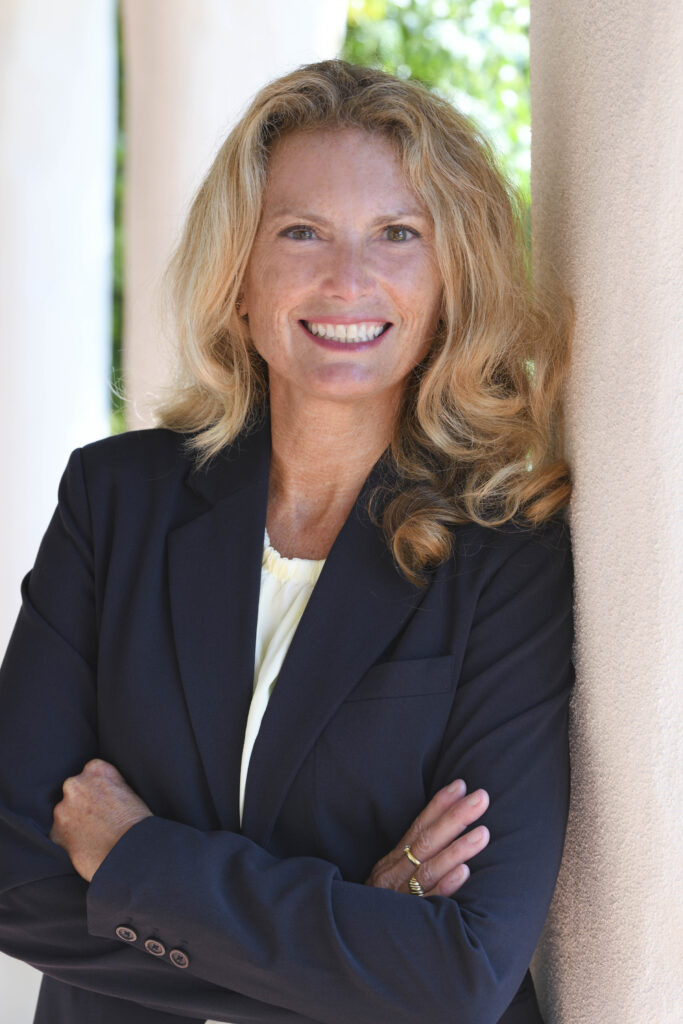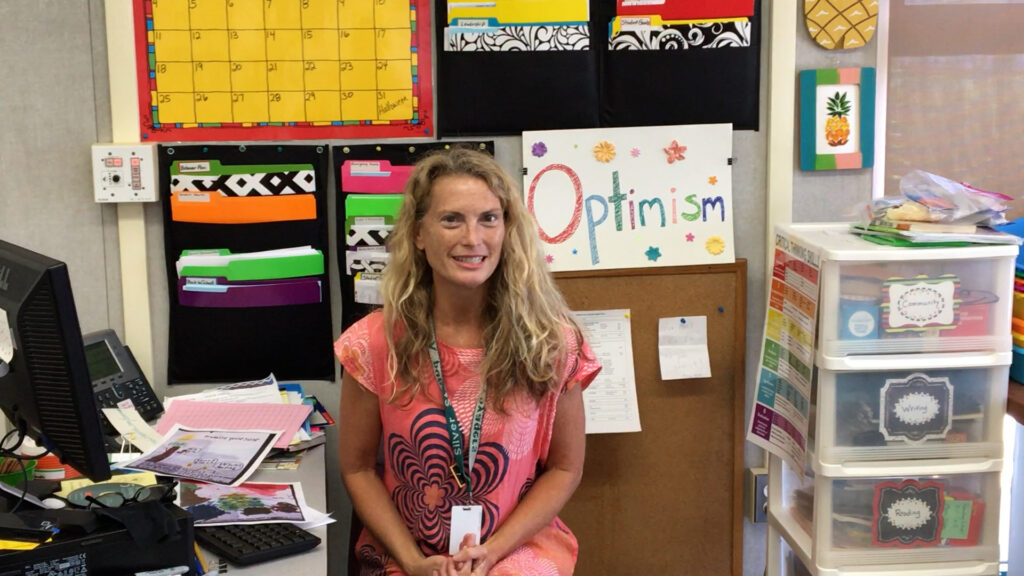The Coronado Times is conducting short interviews with all candidates for Coronado Unified School District board of trustees. All candidates have received the same six questions and the answers are in their own words; each candidate is invited to share photos; interviews are published in the order received. November 8, 2022 is election day.

Q: What experience will you bring to the school board?
A: I am newly retired after 15 years of classroom teaching experience in the Coronado Unified School District at Village Elementary and Silver Strand Elementary. I am familiar with the vertical alignment of the curriculum, am supportive of our district’s long and short range goals and planning, have a working knowledge of the budget, and have had positive working relationships with teachers and staff at all school sites. As former Chair of the Board for CSF (Coronado Schools Foundation), I have established strong connections with our business community. I have regularly attended school board meetings for the past five years, and am keenly aware of issues within our district.
Q: In your mind, what are the biggest challenges facing CUSD today?
A: I believe some of the biggest challenges facing our district are (1) having adequate school funding to maintain programs and class size, (2) ensuring that we effectively address any gaps in education due to a highly mobile student population, and (3) being able to provide a wide range of services and supports with the limited resources of a small district.
Q: What is something CUSD does well?
A: CUSD does an outstanding job of preparing our kids for life beyond our small town. Each year, graduating seniors get accepted and attend colleges and universities – big and small – all across this country and beyond. Some students make the decision to serve their country through the military or serve the world through the Peace Corps. They are confident in their choices and abilities. Our school district also excels at recruiting, developing and retaining committed, professional personnel who are highly qualified and passionate about their roles as teachers, mentors and changemakers.
Q: How do you feel about local control?
A: Our schools, with their records of high academic success and community involvement, are a positive reflection of our city and a source of local pride. CUSD was recently named the number one school district in the county based on graduation rates, student-teacher ratio, spending per student and attendance and suspension rates.
Our school district is part of a state and federal system designed to educate and support all students. I feel local control is important, and CUSD has taken the time to set up multiple opportunities for stakeholders to offer input, ideas and suggestions. The School Site Councils, which are made up of teachers, parents and administration, meet during the school year to review site goals and propose changes and enhancements for students at that site. The Parent Teacher Organizations are a dynamic part of each school site and critical to student connectivity and belonging. The LCAP (Local Control and Accountability Plan) strongly encourages community input. It is a tool for our local district to set goals, plan actions, and leverage resources to meet those goals to improve student outcomes. Our board should continue to support and encourage these efforts.
Q: What is your stance on social-emotional learning? Do you think that teaching children empathy, responsible decision making and emotional awareness is important in schools?
A: I strongly believe that helping students understand their own feelings and emotions and helping them learn strategies to monitor and regulate these emotions is key to their future success on many levels, including their academic success. Happy, functioning groups like families, sports teams, classrooms and communities work best when we are able to connect meaningfully with others, have empathy for each other, and work with each other in a respectful and kind manner. These traits are equally important as career skills, essential to high functioning business and governmental organizations. This doesn’t just happen. These skills are modeled, practiced and repeated. Teachers and parents, working together, help develop responsible, caring children and young adults. I see this as a life-skills issue rather than a moral one.
Q: As you must be aware, school board meetings can be contentious, but it’s important for board members to work together. Do you think you are good at building consensus? Please provide an example if possible.
A: I believe that asking questions of parents and other stakeholders as well as of our administrative team and considering other perspectives and experiences is one of the main purposes and responsibilities of a school board member. I feel that substantive discussions are a part of the decision making process. I also feel that these interactions can and should be done in an optimistic and positive way. I always strive to act in good faith and to try to reach a shared consensus. Our board is not a group of individuals acting separately from each other, but rather a group acting together with a singular purpose – what is best for students. Working with a group of teachers piloting new curriculum or textbook adoptions is one example of a way that I have been actively involved in building consensus.





